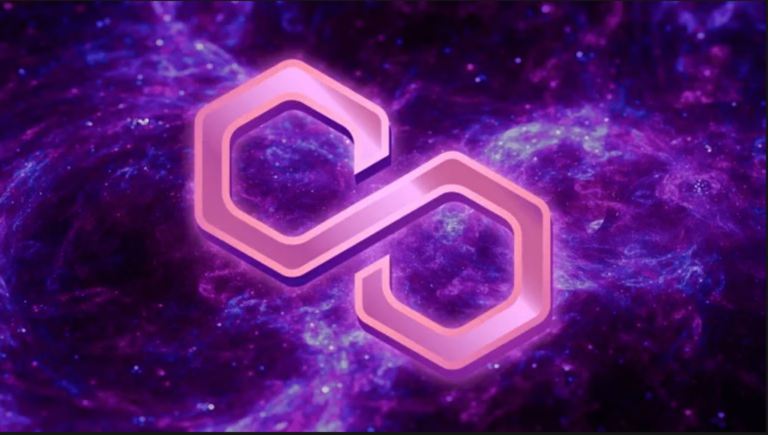Decentralized exchanges (DEX) have countless advantages. In fact, the most popular exchanges are DEXes, and users prefer them for a reason. Back in the good old days when Ethereum was among those pioneering in decentralized exchange, it was taking years to finalize a transaction, and you had to pay loads of money as a gas fee. Luckily for us, a bunch of smart dudes said, “We ain’t gonna sit and wait,” and that’s how Polygon appeared. We’re looking into all of that below, right before we introduce TOP DEXes within the Polygon ecosystem.
What is a Polygon blockchain?
A Polygon blockchain, formerly known as MATIC, is a Layer-2 scaling Ethereum sidechain that allows creating more and more blockchains around it, also adding a layer of security on. Polygon is supported by many DEXes and the number is growing, which we will talk about a bit later. What makes Polygon so appealing is the three main advantages it offers compared to Ethereum alone:
- High speed of transactions
- Low gas prices as a result
- High security of transactions
Despite the fact that the platform changed its name, the coin is still called MATIC. It is not that popular as a stand-alone cryptocurrency, but it is used to pay for the gas when using Polygon blockchain and can easily be purchased.
What are decentralized exchanges (DEX)?
Decentralized exchange (DEX) is a crypto exchange platform that is not controlled by a regulator, such as a company or an authority, but is instead regulated by a smart contract. Smart contract is basically a software that has open access and can be viewed by any user. By using DEX, you are not using an intermediary, and all transactions are basically between traders.
Another feature of DEX platforms is that crypto currency is transferred directly from trader to trader, and the platform does not keep it in any way, except for when you invest in a liquidity pool yourself. If you do though, you are offered a small percentage of gas fee every time someone makes a transaction using the currency you invested in.
Top DEXs on Polygon
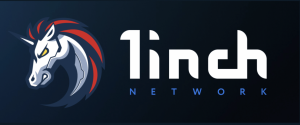
1inch.exchange
1inch.exchange is an aggregator that scans DEXs like UniswapExchange, KyberNetwork, Bancor. RadarRelay and many more to find the lowest exchange price for traders. This works by splitting the order and drawing liquidity from 1inch’s own liquidity pools. 1inch.exchange is available on Polygon, as well as several other chains. Currently, 1inch includes 44 routes, and the number keeps growing.

Balancer
Balancer is kind of what its name says. It works by rebalancing liquidity pools, liquidity providers, and traders to allow for the best exchange rates. With Balancer, you can create or join a liquidity pool that includes up to eight crypto currencies. Besides, Balancer lets you swap any ERC20 tokens across all Balancer’s liquidity pools. Balancer’s token (BAL) is earned through liquidity mining by investing in a Balancer’s liquidity pool, which means you earn BAL when someone trades currency from the liquidity pool in which you invested. Balancer’s protocol is also available on Polygon.
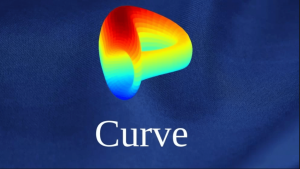
Curve
Curve is an exchange liquidity pool that offers efficient stablecoin trading and low risk, supplemental fee income for liquidity providers, with no opportunity cost involved. Curve facilitates exchange between DAI and USDC with a low slippage using a low fee algorithm created exactly for stablecoins. Curve can be used on several blockchains, including Polygon. Based on the interview with the founder of Curve, it has ambitions to expand to different stablecoin denominations and become “a sort of a forex-on blockchain.”
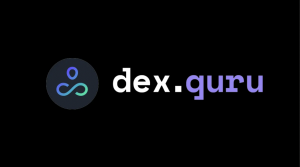
DexGuru
DexGuru is a trading terminal where on-chain analytics are combined with trading capabilities. The interface allows traders to access the analytics across various exchange platforms so that they can find what suits them best, make better decisions, and trade crypto using the same platform. This will work best for experienced traders that do not want to rely on automated protocols, like in many other DEXs. DexGuru supports Polygon.
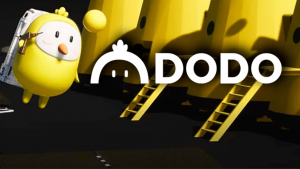
Dodo
DODO is an on-chain liquidity provider that leverages the Proactive Market Maker (PMM) algorithm (PMM) to make on-chain and contract-fillable liquidity accessible. The DODO’s PMM is different from market maker algorithms used by others, which allows it to actively predict the market behavior and adjust liquidity pool metrics depending on the existing market situation. This solution helps reduce slippage and make order prices more stable and predictable. DODO’s available on Polygon, of course.
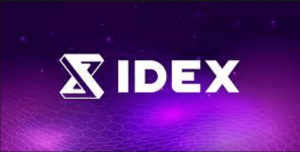
IDEX
According to Alex Waern, the IDEX Exchange CEO, IDEX is a non-custodial exchange that is built on the Ethereum blockchain. It integrates with any custody solution and allows users to trade with one another without giving up control to a third-party custodian. Basically, it is the best of two worlds in that it has features of both centralized and decentralized exchange, which allows to address issues such as front-running and on-chain order collisions. IDEX supports Ethereum, Binance Smart Chain and, as of recently, Polkadot cryptocurrencies, which expands your trading opportunities. It also works with Polygon blockchain.
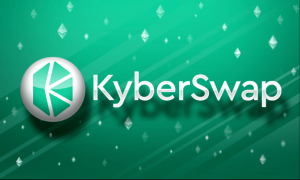
KyberSwap
KyberSwap is a multi-chain decentralized exchange (DEX) aggregator which provides traders with the best token prices by analyzing rates across over 60 DEXs across 12 chains, including DEX on Polygon. Kyber has an in-house exchange platform, but its on-chain liquidity protocol allows integrating decentralized token exchange into any third-party application. This provides a room for developers to create innovative payment flows and applications, including instant token exchange services, ERC20 payments, and financial DApps. According to Loi Luu, the CEO of Kyber Network, their protocol can help make trading crypto currency ubiquitous.

Matcha
Matcha is yet another crypto trading aggregator with smart order routing that runs on 0x. As with other aggregators, the platform takes liquidity from multiple sources. The alternatives of Matcha include top DEX on polygon discussed here, such as DexGuru, 1inch, Kyber, OpenOcean, and ParaSwap.
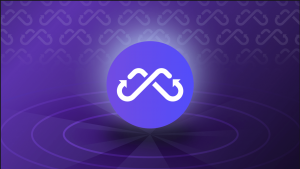
Multichain
Multichain (previously Anyswap) is a fully decentralized cross chain swap protocol that runs on Fusion DCRM technology. The DEX has automated pricing and liquidity system. Multichain bridges cryptocurrencies and NFTs across blockchains through pegged tokens or liquidity pools. The best bridging method is determined by Multichain’s Router.

OpenOcean
OpenOcean is among the biggest DEX aggregators, integrating the most liquidity sources across a wide range of blockchains, including Polygon as of November 2022, into one seamless trading interface, to bring users one-stop trading solution. It is the first DeFi & CeFi full aggregator that finds the best price, no additional fees, and lowest slippage for traders, which is possible due to an intelligent routing algorithm with robust optimization. It also supports Polygon.
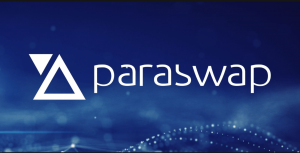
ParaSwap
ParaSwap is a decentralized exchange aggregator that provides the best prices over multiple DEXs on the Ethereum blockchain, such as Kyber, Uniswap, and Bancor. To accomplish this, ParaSwap uses APIs, advanced charts, multichain compatibility, including Polygon blockchain, on-chain RFQ, a yield optimizer, and independent smart contract audits. The founder, Mounir Benchemled, states that their ambition is to become a go-to platrofm for the development of multiple products, such as blockchain-based games, prediction markets, or payment applications.

Quickswap
QuickSwap is the biggest DEX on polygon. It is a permissionless next-generation layer-2 decentralized exchange and Automated Market Maker. The platform is user-friendly, easy to navigate, and ensures high transaction speed with minimal gas prices. Quickswap is likely to be the best DEX on polygon.

Slingshot
Slingshot is a trading platform that, like a few others discussed above, combines decentralized and centralized exchange characteristics, allowing users to have great exchange rates, real-time charts, and trade data for every liquid token. It also has social features, such as global chatbox and NFT pfps. Slingshot is a liquidity aggregator that operates on web3. The platform introduced Polygon in 2021.
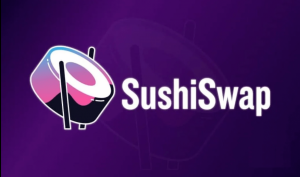
SushiSwap
The SushiSwap is a decentralized exchange that is among the largest DEX on Polygon network. The platform allows users to swap any ERC20 token into any other ERC20 token through automated liquidity pools. Besides DEX, SushiSwap combines governance, operations and reward contracts to help its ecosystem grow. In 2021, SushiSwap introduced joint liquidity mining on Polygon, with overall liquidity rewards around $30 million.
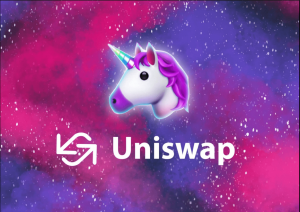
Uniswap
Uniswap is an automated fully decentralized token exchange on Ethereum that was the first to indroduce the automated market maker (AMM) solution, which is now used by various other DEX, with numerous modifications, improvements, and variations. The main values of Uniswap since its creation have been decentralization, censorship-resistance, security, and permissionless utility. Being among the first DEXs that ever existed, many other alternatives have entered the playground, such as those discussed above, namely 1inch, Balancer, DODO, and IDEX.
Does Polygon have a decentralized exchange?
There are numerous decentralized exchanges that run on Polygon. Some of them have been discussed above, but this number is far from being exhaustive.
Does Polygon have a DeFi?
Yes. There are more than 60 Polygon DeFi projects, which means around one third of all DeFi are built on Polygon. Is there a Uniswap for Polygon? Yes, Uniswap announced they started supporting Polygon blockchain in December 2021
Is QuickSwap only on Polygon?
Yes, and it is the second largest DEX built that runs on Polygon entirely.
Does Polygon use Solana?
Solana and Polygon were bridged in July 2021.
Why is Polygon better than Solana?
Polygon offers lower gas fees and faster transactions than Solana.
Which DEX supports Polygon?
All of the DEX discussed in this article and many more.
